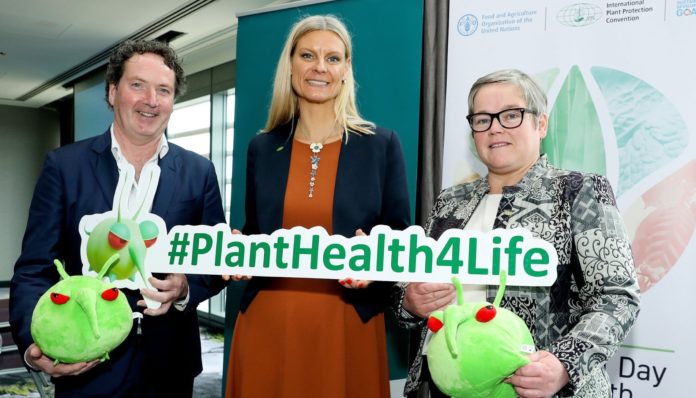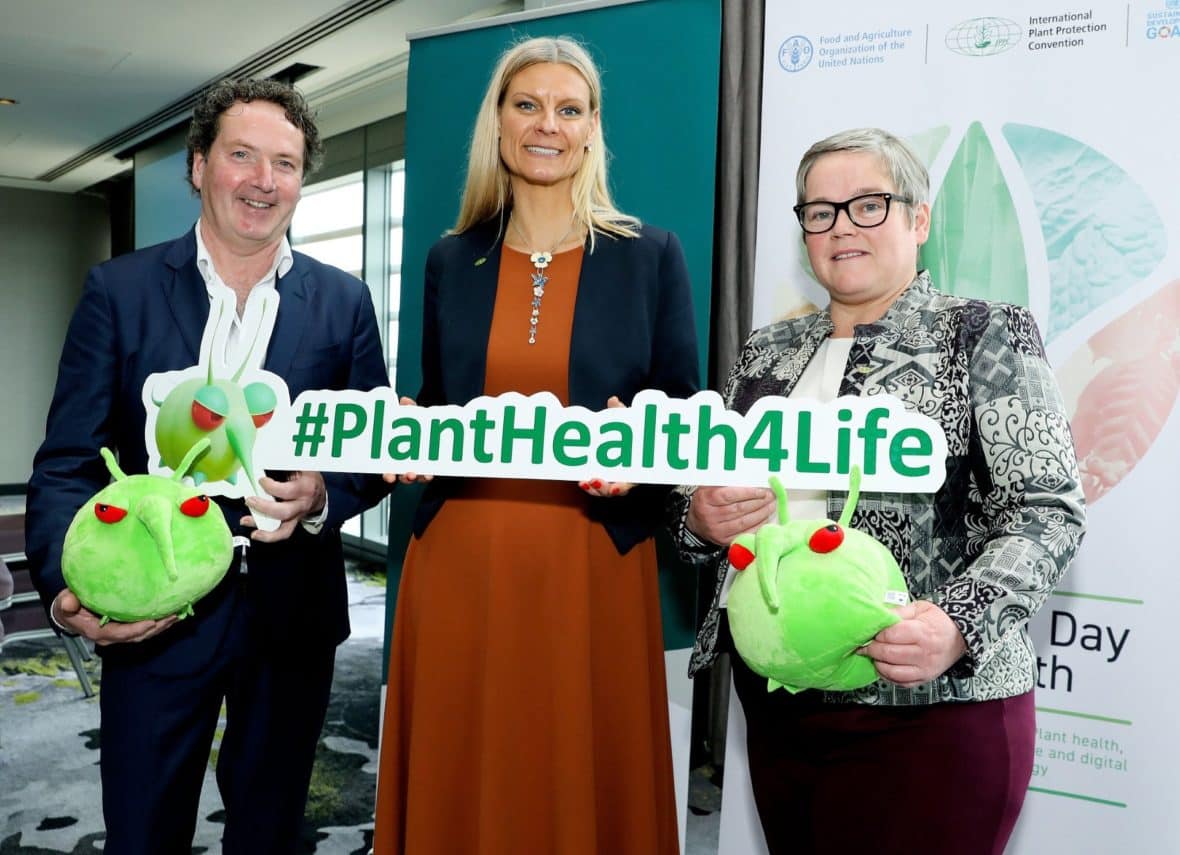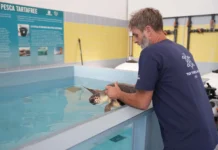
Ireland has joined a European-wide effort to underscore the importance of plant health; part of which focuses on educating people to not bring back any plants, flowers, seeds, fruits or vegetables from outside the EU when returning from their travels, lest they introduce plant pests or diseases detrimental to native flora.
The #PlantHealth4Life campaign is led by the European Food Safety Authority (EFSA), the European Commission (EC), and is active in 22 European member states.

Senator Pippa Hackett, Minister of State for Land Use and Biodiversity with special responsibility for Horticulture at the Department of Agriculture, Food and the Marine said: “We are proud to stand alongside our European partners to raise awareness of the profound interdependence between plant health and our collective well-being. This collaborative effort is a unique opportunity to engage citizens from all walks of life — be it the intrepid traveller, the conscientious gardener, or the vigilant parent — in safeguarding plant health.”
The campaign urges travellers not to bring back any plants, flowers, seeds, fruits, or vegetables from outside the EU, as these items may harbour plant pests or diseases detrimental to native flora. Additionally, consumers are advised to buy plants and seeds online only if accompanied by a valid phytosanitary or plant health certificate. Embracing good plant hygiene practices and promptly addressing signs of plant pests or diseases in home gardens and communal outdoor spaces will also prevent their spread to neighbouring plants and natural habitats.
Speaking on Ireland’s involvement in the campaign, leading Irish garden designer Diarmuid Gavin, who was appointed as the Food and Agriculture Organisation of the United Nations’ Goodwill Ambassador for Ireland in May 2022, said: “Safeguarding Irish plant health is paramount. As gardeners, we hold the power to effect change — by allowing our gardens to flourish naturally, propagating your own plants from seeds, sourcing plants responsibly, and vigilantly monitoring for abnormalities, we can collectively protect our botanical heritage.”




